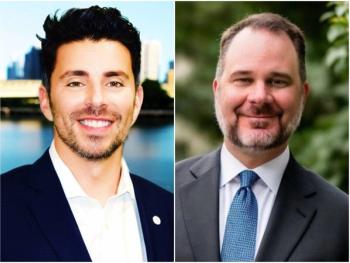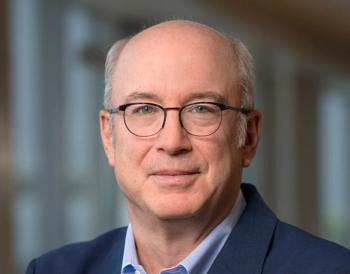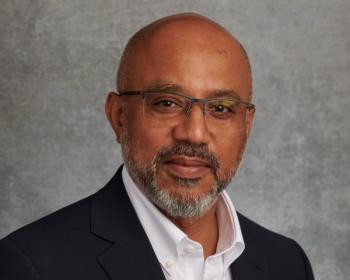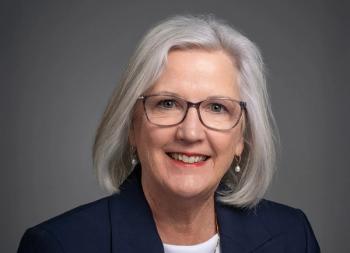
Being thankful for saving patients and making a difference
Everyone in a hospital should recognize the vital part they play in caring for patients, says Jack Lynch, CEO of Main Line Health. It should be a source of pride and motivation.
In a conversation that took place months before Thanksgiving, Jack Lynch talked about what inspires him and fills him with gratitude.
Lynch, the president and CEO of
“I save lives,” Lynch said. “How many people get to go home and tell people they save lives?”
He says that’s a message he stresses to employees throughout the organization based in the Philadelphia region. And he spreads that message to those who aren’t doctors or nurses.
“Some of our staff will say, ‘I really can't say it.’ Well, I'll say it, and I'm not really close to the patient,” Lynch said. “So I then tell them, ‘Okay, if you're not willing to say you save lives, tell people you change lives.’”
- Read more:
Facing challenges, Main Line Health shines
Lynch talks about the vital role of workers across the organization. Housekeepers reduce the chance a patient will suffer an infection. Those working in registration make sure patients get to the right place at the right time. The food service staff help patients recover.
“I can go through every single one of our employees,” Lynch said. “They're changing lives.”
Lynch has been CEO of Main Line Health since 2005, and he has four decades in the industry. But he says he still relishes the role to lead a hospital system and be a part in saving and changing lives.
“So we're in an industry that on one hand, is extremely gratifying to be a part of,” Lynch says. “And I can only imagine that if you're putting your hands on a patient, it's even more gratifying because … you see what your hands and brain are having an impact on somebody's life. But it's a pretty exciting business to be a part of, and I've been in it for over 40 years.”
Lynch doesn’t downplay the difficulties in the industry, including
But he tells healthcare leaders, “Think about the end result that we're involved in. Think about the impact we're having.
“Sure, we have bad outcomes. Sure, we have errors that take place. But most of the people, by far, are getting unbelievable care for most of the American healthcare system in this country,” Lynch said.
He advises other leaders to have faith and remain “committed to that mission, doing everything we can collectively to figure out how to deliver care at a lower cost.”
“How do we protect the safety of our patients and our staff? How do we protect the quality and ensure that we're delivering it as high as we possibly can? And what can we do to improve it? And how do we just stay focused on eliminating disparities of care, so we can wake up one day and look around and go, you know what, everybody in America has access to the same level of care. And when they get to that access, they're going to get treated with equity,” Lynch said.
“You know, that's something to get pretty excited about when you get up in the morning,” he said.
Lynch says leaders must recognize that they have the responsibility to fix the problems in healthcare and reduce barriers to care. “Our communities expect us to lead them through difficult times,” he said.
Even with the difficulties of the COVID-19 pandemic, the healthcare system proved it could innovate and be creative to save lives and care for communities in the most unfathomable circumstances.
So healthcare leaders should take heart, and be thankful.
“When I get down or discouraged, I remind myself that, today we have ‘X’ number of patients sitting in an inpatient bed that are getting excellent care,” Lynch said. “We have ‘X’ number of people that are getting procedures and tests. And I've got somewhere around 12,000 to 13,000 people, working really hard to ensure that they're doing their very best to improve somebody's life.”
“That's pretty motivating,” Lynch said.































